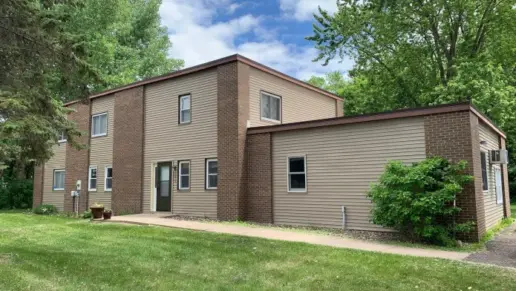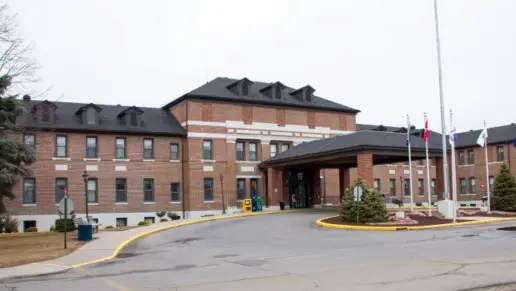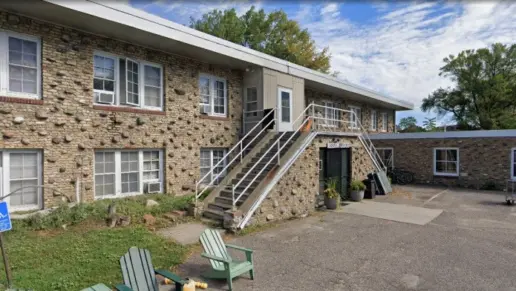This place is a joke! They violate their own policies. They do nothing to support individuals suffering from post acute withdrawal syndrome. They feel no urgency to help clients get on medically assisted treatment which can be a matter of life and death and in my son’s ...
About Progress Valley Inc
Progress Valley is located in Bloomington, Minnesota, about 15 miles from the Twin Cities. They offer substance use disorder and dual diagnosis treatment. They have a mixed gender residential treatment center and are LGBTQ inclusive. They also offer intensive outpatient programs (IOP). They accept insurance from many major carriers.
The residential addiction treatment center offers a structured environment and a supportive community to help in your substance use recovery. Staff is present around the clock, and the therapists are licensed drug and alcohol counselors. They don’t offer detox, so you’ll begin your stay after detoxing at a detox center. The inpatient stay offers comprehensive services including an individual treatment plan.
You’ll have individual and group counseling. They also have medication management and medical services. You’ll attend life skills, health and wellness workshops, and you can take advantage of vocational services. Master’s level mental health therapists will help you identify and manage any co-occurring disorders you may have. A co-occurring disorder (dual diagnosis) is a mental health issue such as depression or anxiety. Many people with substance use disorder have a co-occurring disorder.
Once you graduate from the inpatient program, you can move to one of the IOPs. They have an IOP with lodging for men/nonbinary individuals in Minneapolis and an IOP with lodging for women/nonbinary individuals in Richfield. Both programs offer structured sober living while attending the intensive program.
If you want to stay at the Bloomington location, they have a mixed gender outpatient program without lodging. They also have a regular mental health clinic. The outpatient program is flexible and offers anywhere from 2-25 hours of services per week. You and your counselor will determine what’s best for you. The outpatient program lasts from 90 to 180 days, but some people stay as long as a year.
You can attend outpatient programs in the day or evening, depending on your schedule. The outpatient program is personalized depending on your treatment goals. You may focus on 12 Step programs or other treatment modalities such as cognitive behavioral therapy (CBT). In all of the programs, you’ll have peer support, assessors and counselors helping you through the treatment.
Facility Overview
Rehab Score
Gallery
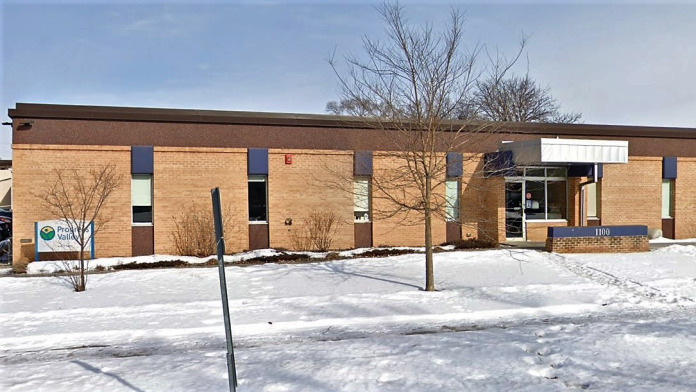
Location
Other Forms of Payment
Private insurance refers to any kind of healthcare coverage that isn't from the state or federal government. This includes individual and family plans offered by an employer or purchased from the Insurance Marketplace. Every plan will have different requirements and out of pocket costs so be sure to get the full details before you start treatment.
Self-pay involves paying for treatment out of your own pocket. You can use savings or credit, get a personal loan, or receive help from family and friends to fund your treatment. If you don't have insurance or your insurance plan doesn't cover a specific program, self-pay can help ensure you still get the care you need.
Financial aid can take many forms. Centers may have grants or scholarships available to clients who meet eligibility requirements. Programs that receive SAMHSA grants may have financial aid available for those who need treatment as well. Grants and scholarships can help you pai for treatment without having to repay.
Medicaid is a state based program that helps lower-income individuals and families pay for healthcare. Medicaid covers addiction treatment so those enrolled can use their coverage to pay for rehab. When a program accepts Medicaid the client often pays very little or nothing out of their own pocket.
Addiction Treatments
Levels of Care
Treatments
The goal of treatment for alcoholism is abstinence. Those with poor social support, poor motivation, or psychiatric disorders tend to relapse within a few years of treatment. For these people, success is measured by longer periods of abstinence, reduced use of alcohol, better health, and improved social functioning. Recovery and Maintenance are usually based on 12 step programs and AA meetings.
Drug addiction is defined as an inability to stop using drugs even though it causes negative consequences in your life. Drug rehab in Minnesota provides treatment for drug addiction in a variety of settings including inpatient treatment and outpatient treatment.
Many of those suffering from addiction also suffer from mental or emotional illnesses like schizophrenia, bipolar disorder, depression, or anxiety disorders. Rehab and other substance abuse facilities treating those with a dual diagnosis or co-occurring disorder administer psychiatric treatment to address the person's mental health issue in addition to drug and alcohol rehabilitation.
Substance rehabs focus on helping individuals recover from substance abuse, including alcohol and drug addiction (both illegal and prescription drugs). They often include the opportunity to engage in both individual as well as group therapy.
Programs



Clinical Services
Group therapy is any therapeutic work that happens in a group (not one-on-one). There are a number of different group therapy modalities, including support groups, experiential therapy, psycho-education, and more. Group therapy involves treatment as well as processing interaction between group members.
In individual therapy, a patient meets one-on-one with a trained psychologist or counselor. Therapy is a pivotal part of effective substance abuse treatment, as it often covers root causes of addiction, including challenges faced by the patient in their social, family, and work/school life.
Trauma therapy addresses traumatic incidents from a client's past that are likely affecting their present-day experience. Trauma is often one of the primary triggers and potential causes of addiction, and can stem from child sexual abuse, domestic violence, having a parent with a mental illness, losing one or both parents at a young age, teenage or adult sexual assault, or any number of other factors. The purpose of trauma therapy is to allow a patient to process trauma and move through and past it, with the help of trained and compassionate mental health professionals.
Research clearly demonstrates that recovery is far more successful and sustainable when loved ones like family members participate in rehab and substance abuse treatment. Genetic factors may be at play when it comes to drug and alcohol addiction, as well as mental health issues. Family dynamics often play a critical role in addiction triggers, and if properly educated, family members can be a strong source of support when it comes to rehabilitation.
Life skills trainings involve all the skills a person must have in order to function successfully in the world. These include time management, career guidance, money management, and effective communication. Truly successful addiction recovery is based on the ability to not only live substance-free, but to thrive. Life skills teaches the practical necessities of functioning in society, which sets clients up for success in life, and therefore sobriety.
Amenities
-
Residential Setting
-
Private Rooms
Staff & Accreditations
Staff
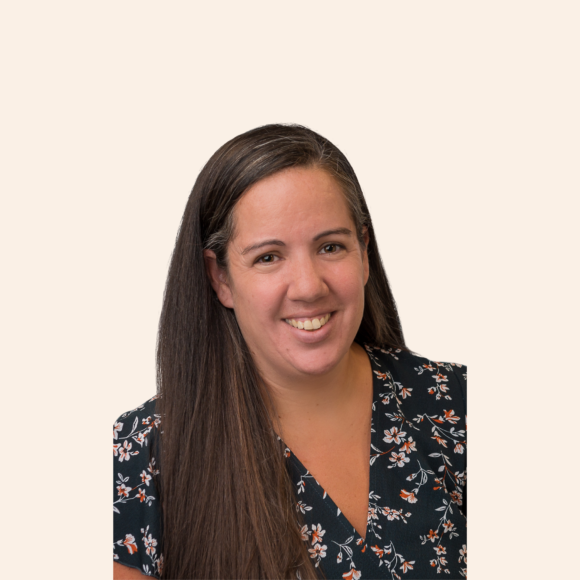
Director of Mental Health
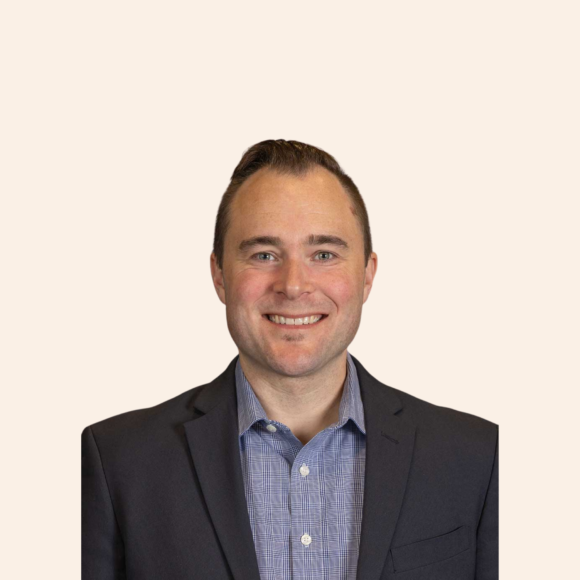
Executive Director
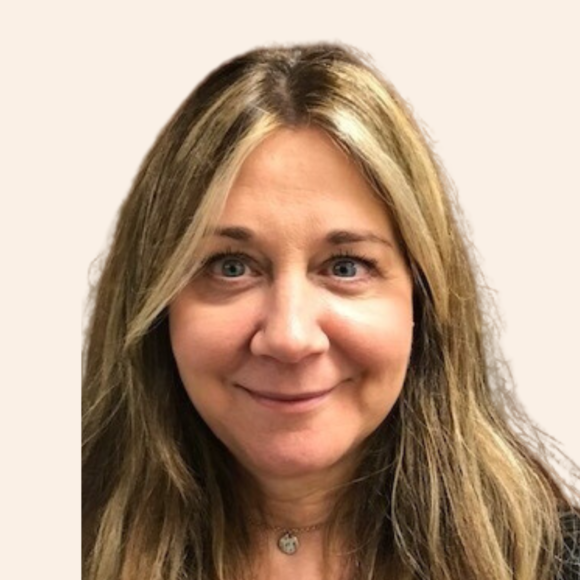
Director of Residential Programs
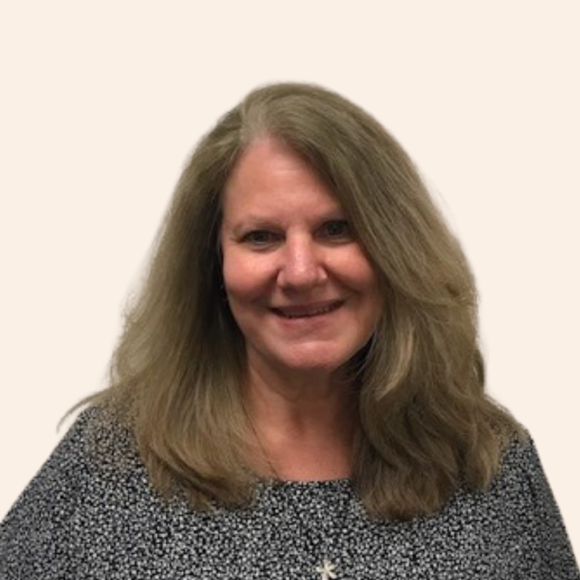
Director of Development & Communications
Accreditations

The Commission on Accreditation of Rehabilitation Facilities (CARF) is a non-profit organization that specifically accredits rehab organizations. Founded in 1966, CARF's, mission is to help service providers like rehab facilities maintain high standards of care.
CARF Accreditation: Yes

The National Association of Addiction Treatment Providers (NAATP) is a professional association that represents organizations in the field of addiction services. Founded in 1978, NAATP's mission is to advance addiction services and ensure that high-quality addiction treatment is available and accessible.
NAATP Member: Yes
Member ID: 420
Contact Information
1100 East 80th Street
Bloomington, MN 55420
